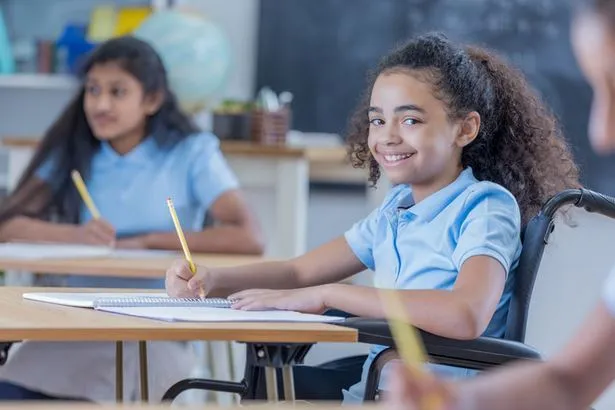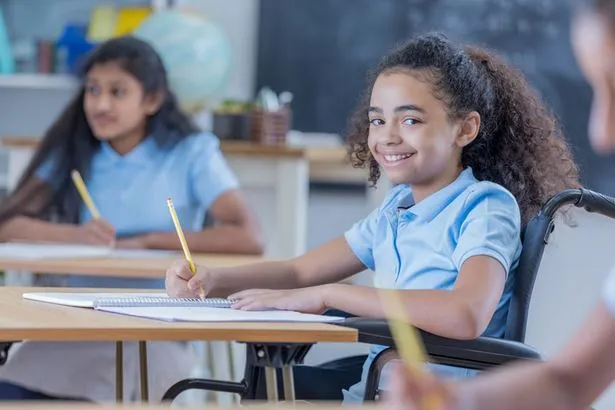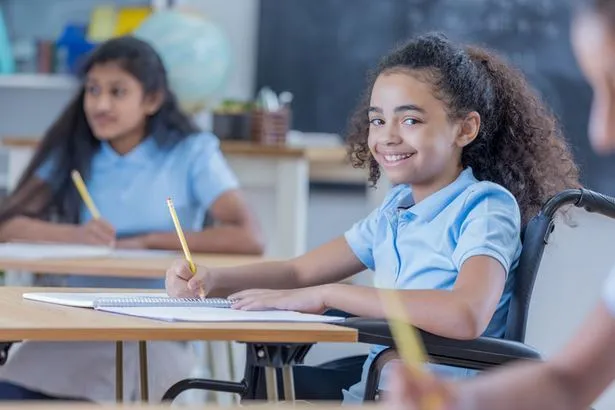Transcription Conflict resolution
Conflict resolution is essential to achieve harmony in the family environment, as conflict can have long-term negative consequences that affect quality of life.
Consequently, it is important that adults and children provide an adaptive and non-aggressive model of relationship and conflict resolution. However, it is difficult to correct children when they are unaware of the incorrect strategies they employ.
Obedient children.
We often have an idealized image of our child as someone who listens to us and understands us. When our voice is effortlessly obeyed, we feel good and may mistakenly attribute a sense of parental success to the bond created.
However, we feel like bad parents when they do not obey us, not realizing that the way our children react to events is related to the learning they have obtained.
Disobedient children.
Following this same logic, disobedient children are not bad, they have only learned to solve problems inadequately. They develop a posture in which they adopt the role of victim, blaming others and refusing to take responsibility for the conflict.
This attitude usually arises when one's own role in the problematic situation is not recognized. For example, a child who does not want to do his homework might blame his teachers and classmates.
Conflict resolution strategy.
When someone refuses to acknowledge his or her contribution to the problem, he or she may begin to make excuses and end up accepting the negative behavior. On the other hand, when our children feel threatened and desolate, they may have intense emotional reactions. It is understandable that if someone feels cornered and misunderstood, their first response is anger; however, this does not justify their negative behavior.
If your child has an altered perception of reality, he may not be objective when analyzing things. This may lead him to adopt a victim stance and blame others, claiming justice for himself.
In this situation, if he believes that his behavior was correct and he is not to blame, he is not likely to listen to you. Therefore, it is advisable to wait until the atmosphere relaxes and there is a favorable climate before starting the conversation.
Role of parents.
The role of the parents in coping with the situation is fundamental:
- A good way to start the conversation is to specify your intentions.
- Let him/her know that you do not intend to criticize or judge his/her behavior.
- It is also advisable to try to think like him and understand why he is upset.
- <
conflict resolution




